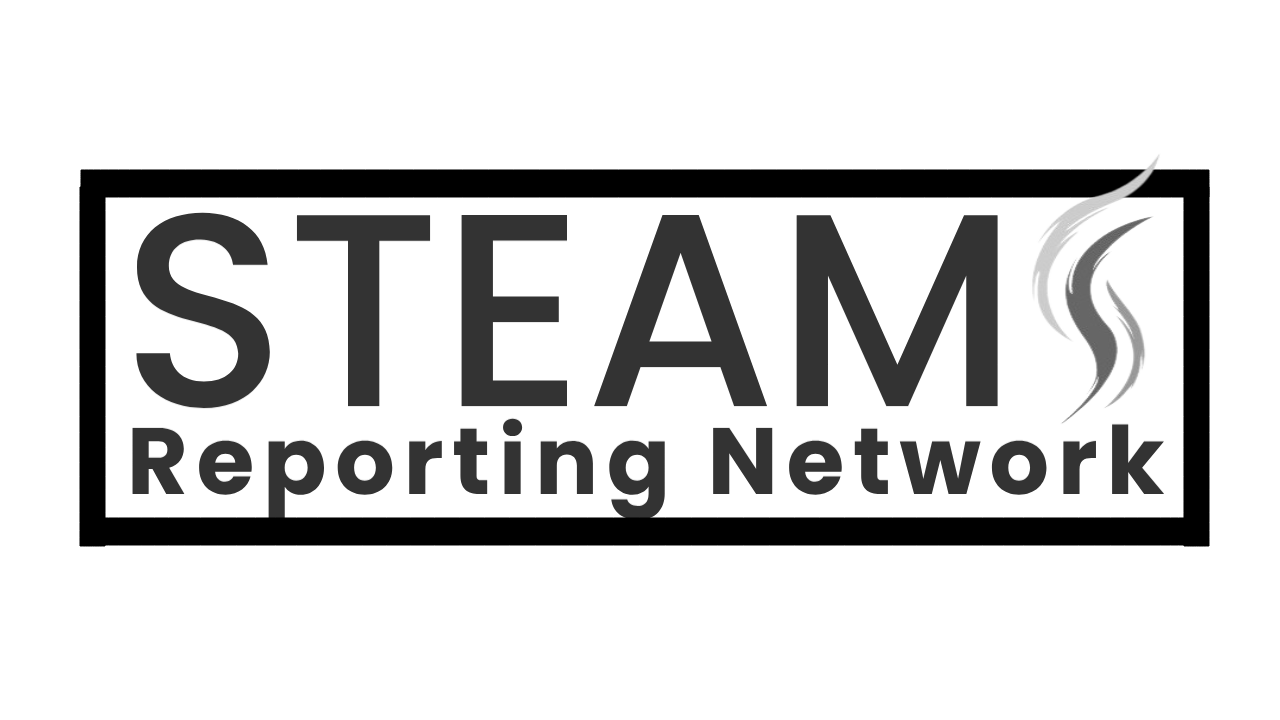Dr. Desmond Kangbai, in an telephone interview said in a collaborative effort Led by Loma Linda University and Sierra Leone Ministry of Health Seeks to Overcome Vaccine Hesitancy
In a groundbreaking initiative, he said the healthcare experts from Loma Linda University and the Sierra Leone Ministry of Health and Sanitation are joining forces to evaluate a novel approach to increase vaccine uptake in remote communities of Sierra Leone. He said collaborative effort Spearheaded by Dr. Zephon Lister, Dr. Susanne Montgomery, and Dr. Desmond Kangbai, integrated family-based vaccination program aims to tackle vaccine hesitancy and improve access to immunization services in hard-to-reach areas.
The project adopts an integrated family-centered life-course approach, recognizing the interconnectedness of health within households. By targeting nomadic communities along Sierra Leone’s northern border, where vaccine uptake is historically low, the team aims to enhance vaccine acceptance and utilization. This initiative builds upon a pilot curriculum utilizing the Community Resiliency Model (CRM), which was previously developed for healthcare workers through a Sabin grant.
Employing a quasi-experimental, mixed-methods study design, the team will assess the impact of an expanded resiliency training program and the integration of wellness team members with mobile vaccination teams. By focusing on enhancing the resilience, mental health, and wellbeing of both vaccination team members and the communities they serve, the project aims to address underlying barriers to vaccine uptake.Through pre- and post-intervention surveys and process evaluations, the team aims to evaluate several key aspects Knowledge, ability, and confidence of disseminating the CRM model to others.
Effectiveness of the CRM model curriculum in enhancing engagement and communication with the community.Impact of CRM training on the resilience and wellbeing of both healthcare workers and community members. With overall vaccine uptake in Sierra Leone currently below 50%, as identified by the Ministry of Health and Sanitation, this initiative holds promise for improving vaccination rates in isolated regions. By equipping mobile vaccination teams with enhanced skills and support mechanisms, the project aims to better prepare them to engage with communities and address vaccine hesitancy effectively.
Findings from this project will not only inform policies and practices for community-based vaccination in rural Sierra Leone but also hold potential applications for other Low- and Middle-Income Countries (LMICs). By advancing scientific understanding and promoting evidence-based policymaking, this initiative represents a significant step towards improving global immunization efforts.
Dr. Zephon Lister expressed gratitude for previous funding by Sabin, emphasizing the importance of using research findings to support healthcare workers and communities in navigating vaccine discussions. Dr. Susanne Montgomery highlighted the collaborative nature of the project, emphasizing the alignment with Sierra Leonean government efforts and the potential impact on vaccine communication and stress management techniques. Dr. Desmond Kangbai underscored the importance of evidence-based policymaking, indicating that findings from the research will inform national immunization policies and guide vaccination programs across Sierra Leone.
As the project unfolds, stakeholders remain optimistic about its potential to drive meaningful change in vaccine uptake and healthcare delivery in Sierra Leone. By fostering collaboration, innovation, and evidence-based practices, this initiative represents a crucial step forward in the global fight against vaccine-preventable diseases.

